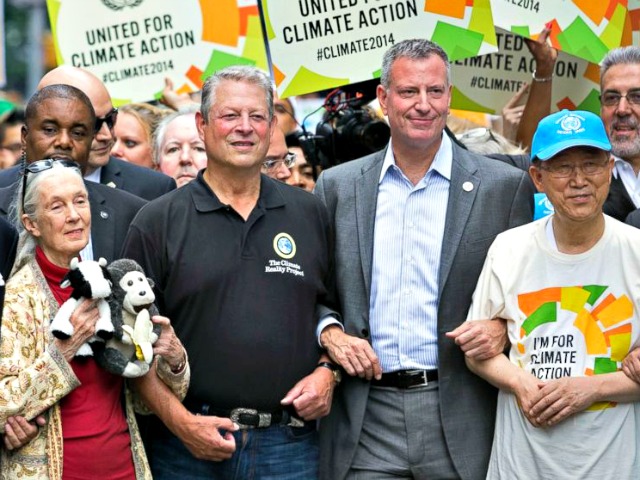The Pope and Climate Change
Perhaps you missed the Vatican-sponsored international symposium on climate change held in Rome on April 28. It was a busy news day. The horrific earthquake killed thousands in Nepal and riots broke out in Baltimore.
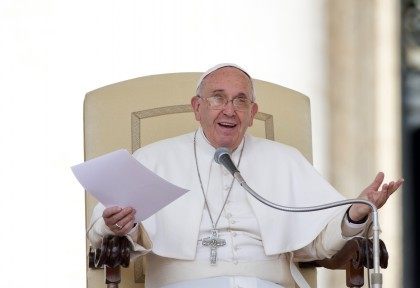
Perhaps you missed the Vatican-sponsored international symposium on climate change held in Rome on April 28. It was a busy news day. The horrific earthquake killed thousands in Nepal and riots broke out in Baltimore.

The year 2015 may go down as when support for renewable energy flipped. Policy adjustments—whether for electricity generation or transportation fuels—are in the works on both the state and federal levels.
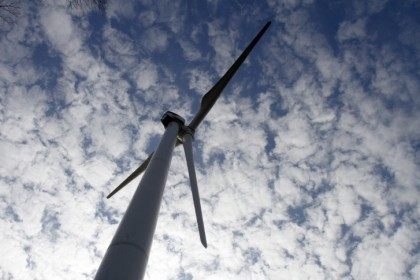
Five years ago, following a blowout and explosion on the Deepwater Horizon rig that killed 11 workers, the nation was spellbound by the 87-day visual of oil flowing freely into the waters of the Gulf of Mexico from the Macondo well. The 3.1 million barrels of spewed oil has been called “the world’s largest accidental marine spill” and “the worst environmental disaster in U.S. history.
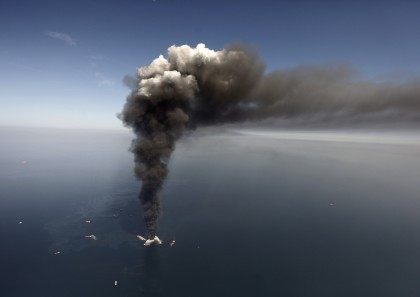
Late last year, the name Jonathan Gruber became part of the public consciousness for his newly public declarations that Obamacare passed due to the “stupidity of the American voter.” While there are many cases one can cite affirming that most Americans don’t closely follow the political process, the campaign to sell the manmade climate change crisis narrative proves otherwise.
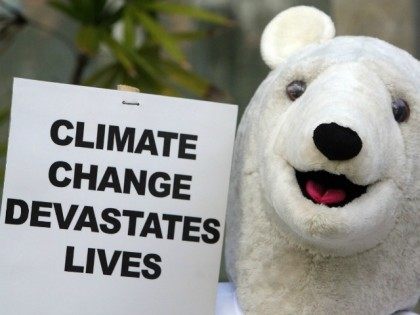
The sun and the wind are free, but converting them to reliable electricity is expensive, if not impossible.
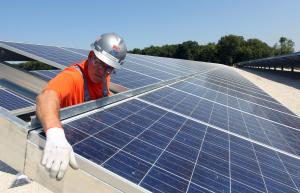
Many complicated factors contribute to the global price of a barrel of oil, but two of the leading components are supply and risk—and both have the potential to escalate in the days ahead.

“Businesses that sell to foreign markets put more people to work in high-quality jobs, offering more Americans the chance to earn a decent wage,” claimed the Obama administration’s Secretary of Commerce Penny Pritzker in a March 18 Wall Street Journal
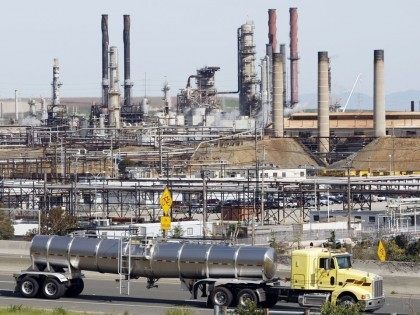
At the end of January, the Obama administration announced the next step in a long process that could result in the exploration and ultimate extraction of oil-and-gas resources of the U.S. mid-Atlantic—something the Outer Continental Shelf (OCS) Governors Coalition supports. On March 30, the 60-day comment period ends. If everything goes well, we could see new American resources on the market in twenty years.
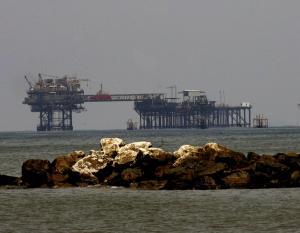
When a former “senior communications official at the White House” writes a blog post for U.S. News and World Report, you should be able to trust it. But when the author states that the Keystone pipeline would create only 19 weeks of temporary jobs, everything else he says must be suspect—including the claim that our “energy infrastructure will be 100 percent solar by 2030.”

After initially driving down the price of oil by increasing its production, which gave Americans a welcome drop in prices at the pump, could Saudi Arabia now be pushing them back up?

“If you don’t call it something, you can’t connect the dots,” said Rudy Giuliani talking about ISIS. “If you can’t connect the dots, you can’t really combat it … you can’t have the battle of ideas…. If you are going
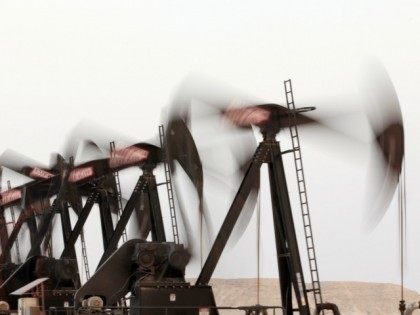
After six years of dithering, the Keystone pipeline project has finally cleared both the Senate and the House with strong bipartisan support—mere percentage points away from a veto-proof majority. Now it goes to the White House where President Obama has vowed to veto it.
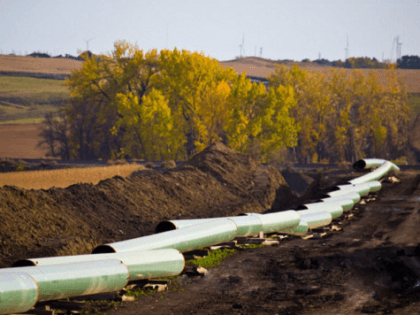
OPEC’s Secretary General Abdulla al-Badri announced that the oil price may have bottomed out—indeed, we had four straight days of increase—and predicted “you will see more than $200 when it comes to future oil prices.”

President Obama’s plans to designate one of the largest oil fields in U.S. as “wilderness,” is foolhardy at best—and may be anti-American at worst. When you look at the bigger story, you have to wonder on whose side he stands in the new “cold war.”
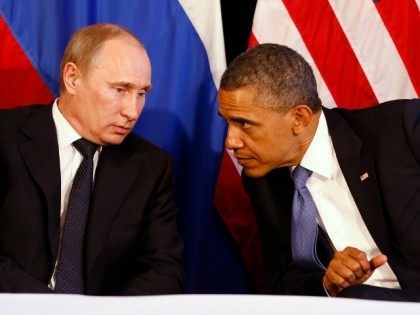
What are the Republicans thinking? Coming right out of the gate, at the start of the new GOP-controlled Congress, they began talking about increasing the gasoline tax.
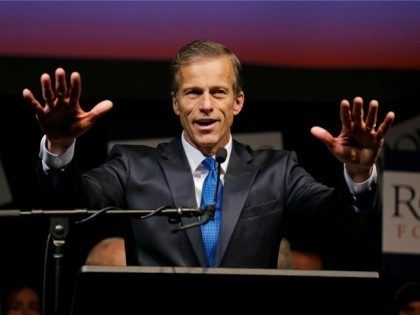
The unity march following the brutal attacks in Paris containing forty world leaders but no U.S. leaders sparked a question: “How has the state of our union gone from being the shining city on the hill to a country whose light has dimmed?”
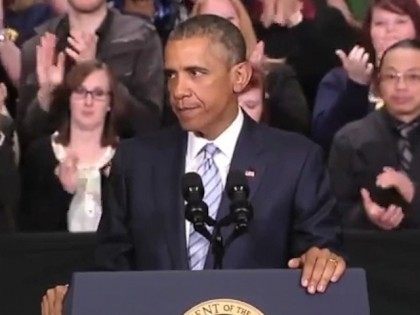
Cape Wind, touted as “America’s first offshore wind project,” became one of America’s most high-profile and controversial wind-energy projects. Fourteen years in the making, estimated at $2.6 billion for 130 turbines, covering 25 square miles in Nantucket Sound off the coast of Massachusetts, the Cape Wind project has yet to install one turbine—let alone produce any electricity. Now, it may be “dead in the water.”
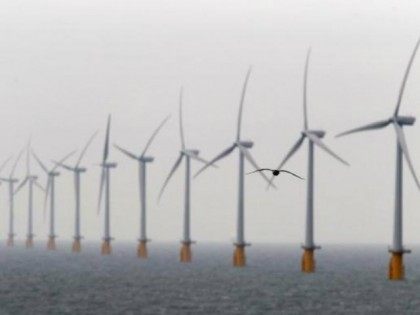
By introducing a series of regulations—at least nine in total, according to the Wall Street Journal—that will put the brakes on the US energy boom through higher operating costs and fewer incentives to drill on public lands.

We all expect to pay a price for missing deadlines—fail to pay a ticket on time, and you may find a warrant out for your arrest. But the Environmental Protection Agency (EPA) can apparently miss deadlines with impunity.
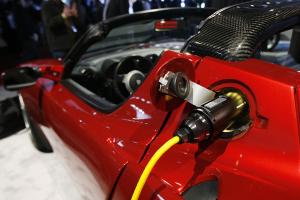
Late on Thanksgiving eve, with no one paying attention, the Obama administration released its regulatory road map of thousands of regulations for 2015. Within the bundle of more than 3,000 regulations lies a rule on ozone that President Obama himself
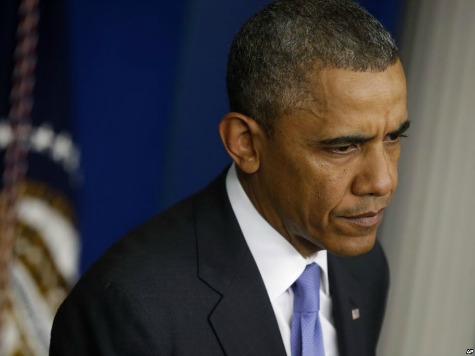
A couple of months ago, National Grid, one of Massachusetts’ two dominant utilities, announced rate increases of a “whopping” 37 percent over last year. Why, when natural gas prices are at historic lows, does the Northeast face double-digit increases? New
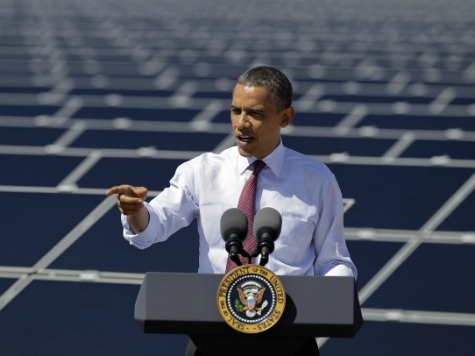
Under a Republican-controlled Congress there will be changes in Washington, DC—with energy policy front and center. The past six years have seen taxpayer dollars poured into green-energy projects that have embarrassed the administration and promoted teppan-style renewables that chop-up and
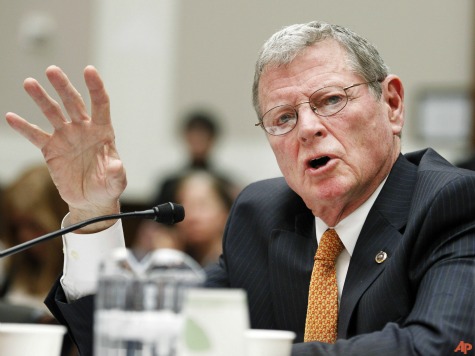
The recent drop in gasoline prices down to a national average of $3 a gallon puzzles in the wake of years of rising costs for consumers. In the midst of another election cycle, the Saudis once again appear to be
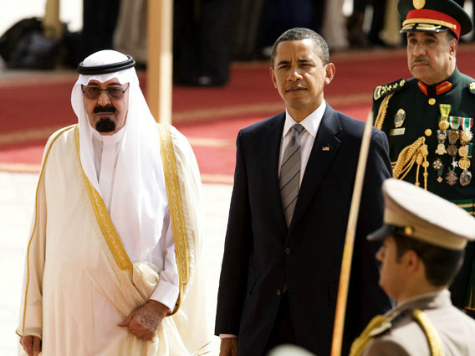
Last week, 28 European leaders met at a summit in Brussels to reach a climate deal that would build on previous targets of a 20 percent cut in greenhouse gases, a 20 percent boost in the use of renewable sources,
Santa Barbara County, California, residents vote November 4 on Measure P, a ballot initiative to ban “fracking,” a drilling technique, there. Sponsoring the initiative is a local environmentalist group, Santa Barbara County Water Guardians, but critics are warning it could have
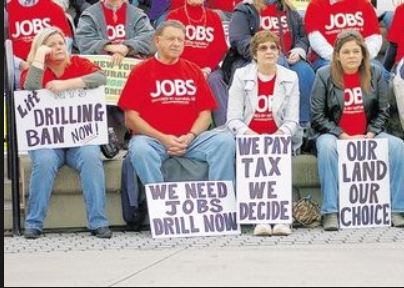
“When the Dunes Sagebrush Lizard (DSL) was being considered for listing under the Endangered Species Act (ESA),” Chris Bryan, agency spokesman for the Texas Comptroller, told me, “significant parts of the Texas economy were placed at risk.” On September 30,

“Extremist voices and groups have hijacked Islam and misappropriated the right to speak on its behalf,” Iyad Ameen Madani, secretary general of the Organization of Islamic Cooperation, told the 25th Session of the Arab Summit earlier this year. Surely sincere
